AHA
-

Scavengers “protect” HDL
Lipid molecules that bind to HDL can modify its function — and blocking that modification can protect HDL and potentially lower the risk of atherosclerosis and heart disease. Read MoreJun 29, 2018
-

Enzyme protects against obesity-related heart disease
Vanderbilt scientists have discovered that a certain enzyme plays a crucial role in preventing obesity-related cardiac dysfunction. Read MoreJun 7, 2018
-

Surprising finding by VU team sheds light on fibrotic disease
Integrins are membrane proteins made up of combinations of different “alpha” and “beta” subunits that enable cells throughout the body to interact with their surroundings. Read MoreJan 19, 2017
-
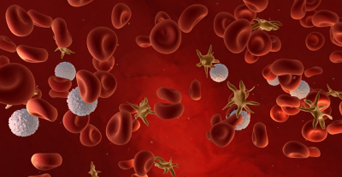
How strep grabs on to platelets
New structural details of the binding of the bacterium Streptococcus sanguinis to platelets may offer new therapeutics for life-threatening cardiovascular infections. Read MoreApr 20, 2016
-

Trivedi to serve on AHA psychiatry council
Harsh Trivedi, M.D., MBA, associate professor of Psychiatry, vice chair for Clinical Affairs for Vanderbilt’s Department of Psychiatry, and executive director and chief medical officer of Vanderbilt Behavioral Health, has been selected to serve on the American Hospital Association’s Governing Council on Psychiatric and Substance Abuse Services. Read MoreOct 2, 2014
-
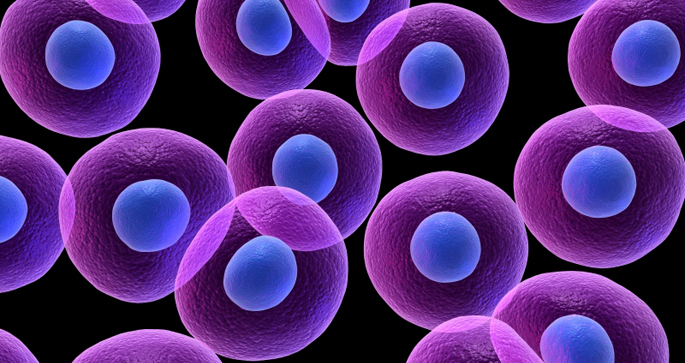
Patient-derived stem cells shed light on pulmonary hypertension
Stem cells derived from patients with pulmonary arterial hypertension provide a unique resource for studying the molecular defects that cause the disease and testing potential therapies. Read MoreSep 16, 2014
-

Molecular ‘chat’ holds kidney fibrosis clues
A novel molecular “conversation” regulates kidney fibrosis – the final result of end-stage chronic kidney disease – suggesting new treatment options for this currently irreversible process. Read MoreJul 10, 2014
-

Normalizing calcium flux to treat atrial fibrillation
A particular anti-arrhythmia drug provides a targeted treatment for certain forms of atrial fibrillation. Read MoreMay 12, 2014
-
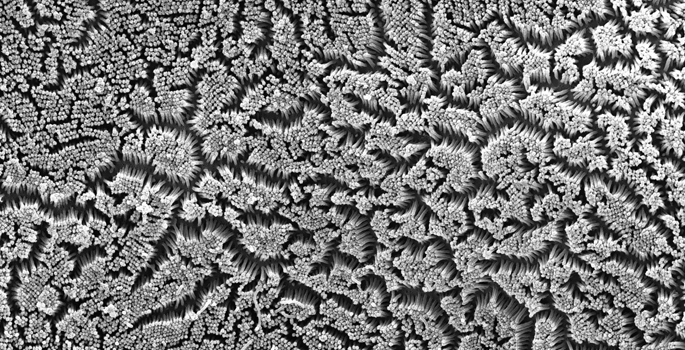
Nutrient-absorbing surface’s assembly revealed: study
Vanderbilt University researchers have discovered how intestinal cells build the "brush border" -- a specialized surface structure that is critical for absorbing nutrients and defending against pathogens. Read MoreApr 17, 2014
-
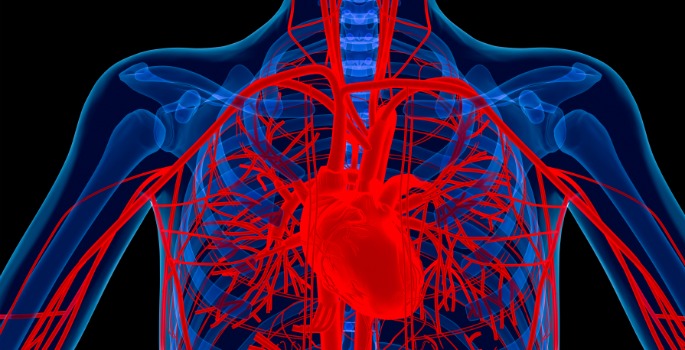
Development and disease in the aorta
Smooth muscle cells that line the aorta differ in development but not in the adult, a finding that has implications for understanding aortic development and disease. Read MoreApr 2, 2014
-

E-records shed light on drug response
Electronic medical records linked to DNA biobanks are a valid resource for defining and understanding the genetic factors that contribute to drug response. Read MoreMar 31, 2014
-

Shining a light on night blindness
Vanderbilt researchers are studying how mutations in the receptor for light, rhodopsin, cause light blindness. Read MoreOct 24, 2013
-
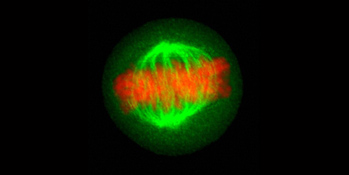
Motor protein revs up cell division
A motor protein that helps drive cell division may be a promising new target for cancer therapeutics. Read MoreJul 29, 2013
-

Reducing fatal rhythms after heart attack
Reducing heart muscle response to calcium could decrease the risk of fatal arrhythmias after heart attacks. Read MoreJul 26, 2013
-

Acetaminophen: protective in sepsis?
In critically ill patients with sepsis, plasma hemoglobin may be a new indicator of disease severity – and a potential target for treatment with acetaminophen. Read MoreMar 28, 2013
-

Cell connections key in valve disease
A protein that connects cells together participates in the calcification that occurs in heart valve disease. Read MoreFeb 14, 2013
-
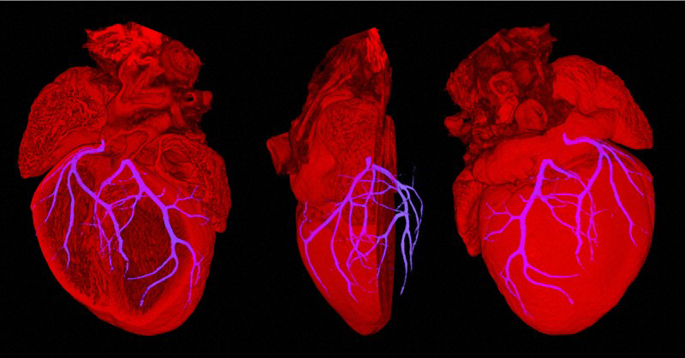
Cell source of heart’s blood vessels
An unexpected group of cells generates the coronary arteries and may be useful for regeneration therapies following injury to the heart. Read MoreFeb 1, 2013
-
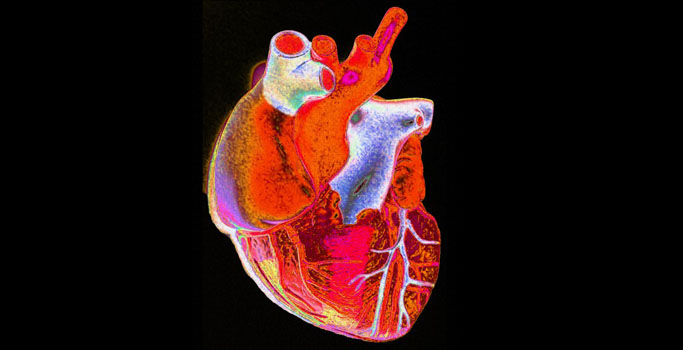
Preventing hardened heart valves
Blocking a serotonin receptor may provide a novel therapy for heart valve disease. Read MoreDec 26, 2012
-
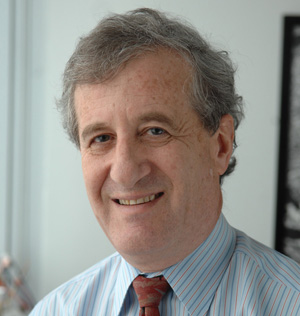
Heart Association honors Roden’s research efforts
Dan Roden, M.D., assistant vice chancellor for Personalized Medicine and William Stokes Professor of Experimental Therapeutics, received a 2012 Distinguished Scientist Award at the annual Scientific Sessions of the American Heart Association (AHA) last week in Los Angeles. Read MoreNov 15, 2012
-

Drug target for deadly heart infection
Structural biology studies of a bacterial protein suggest a new target for treating life-threatening heart infection. Read MoreDec 1, 2011